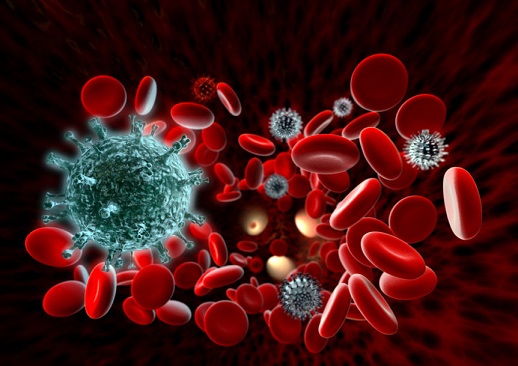Cancer is a disorder where cells in an area of the body reproduce and grow more than they should. Cancerous cells can enter and destroy adjoining tissue, including organs. If left untreated, this can lead to death.
Thankfully, if caught early, most types of cancer are treatable through chemotherapy, radiotherapy, and other treatments. However, despite having treatment options, scientists are continually looking for new treatments to increase survival rates in the U.S. and other countries worldwide.
Over the last few years, we have seen several advances in research and treatment. Doctors now believe we’re on the cusp of a brighter cancer research and care era. This means that we have more reasons than ever to be hopeful. Here are some reasons why we should be optimistic about the future:
1. Xenotransplantation
Scientists have been researching xenotransplantation for several years now. Xenotransplantation is the process of transplanting or grafting tissues or organs between members of different species. PDX services at Hera BioLabs are one example of a company that uses xenotransplantation. They have found that rats are one of the best species to use this on, as they are fully immunocompromised. As well as this, compared to the more commonly used mice, they have more tissue and are larger.
One example of xenotransplantation is a patient-derived xenograft (PDX). A patient-derived xenograft is a model of cancer where the cells or tissue from a patient’s cancer are implanted into a humanized or immunodeficient mouse. This model is used to generate an environment where cancer can grow after being removed from a patient. Once this occurs, scientists can then monitor the growth in response to potential therapies.
2. Gene Therapy
Unlike most other therapies, gene therapy is a potential one-time treatment aiming to target the underlying cause of disease at the cellular level. Over the next few years, we expect gene therapy to become a staple of 21st-century medicine. It is expected to help people live without the burden of daily disease management or the need for ongoing treatment.
3. Epigenetic Therapy
For many years, we have treated cancer by poisoning it or cutting it out. However, this might not be our only option. Doctors now believe we can treat cancer by returning it to normal rather than destroying it. Scientists are researching epigenetics (how to switch genes on and off). Once they have learned how to do this, they hope to set them on a path toward normal development instead of destroying cells.
4. Immunotherapy
Immunotherapy is when you use a patient’s own immune system to fight their cancer. During this treatment, a patient takes a drug that helps their immune system to work better. So far, we have seen some incredible results from this type of cancer treatment; however, it does not work for everyone. While this may be true, the hope is that this will change in the future.
5. CAR Therapy
Another immunotherapy approach that gives us hope for the future is CAR (chimeric antigen receptor) therapy. During this treatment, a patient’s own T cells are collected from a patient’s blood before being genetically altered to attack cancer cells more readily. This approach is promising for blood cancers and leukemia and can potentially treat solid cancers.
Cancer is a devastating condition affecting not only the person suffering from the disease but also their loved ones. Thankfully, the future of cancer research and treatment looks promising. We are continually seeing new treatments hitting the shelves in the U.S., and this is likely to continue in the future. Who knows, one day, we may be able to cure every type of cancer.







